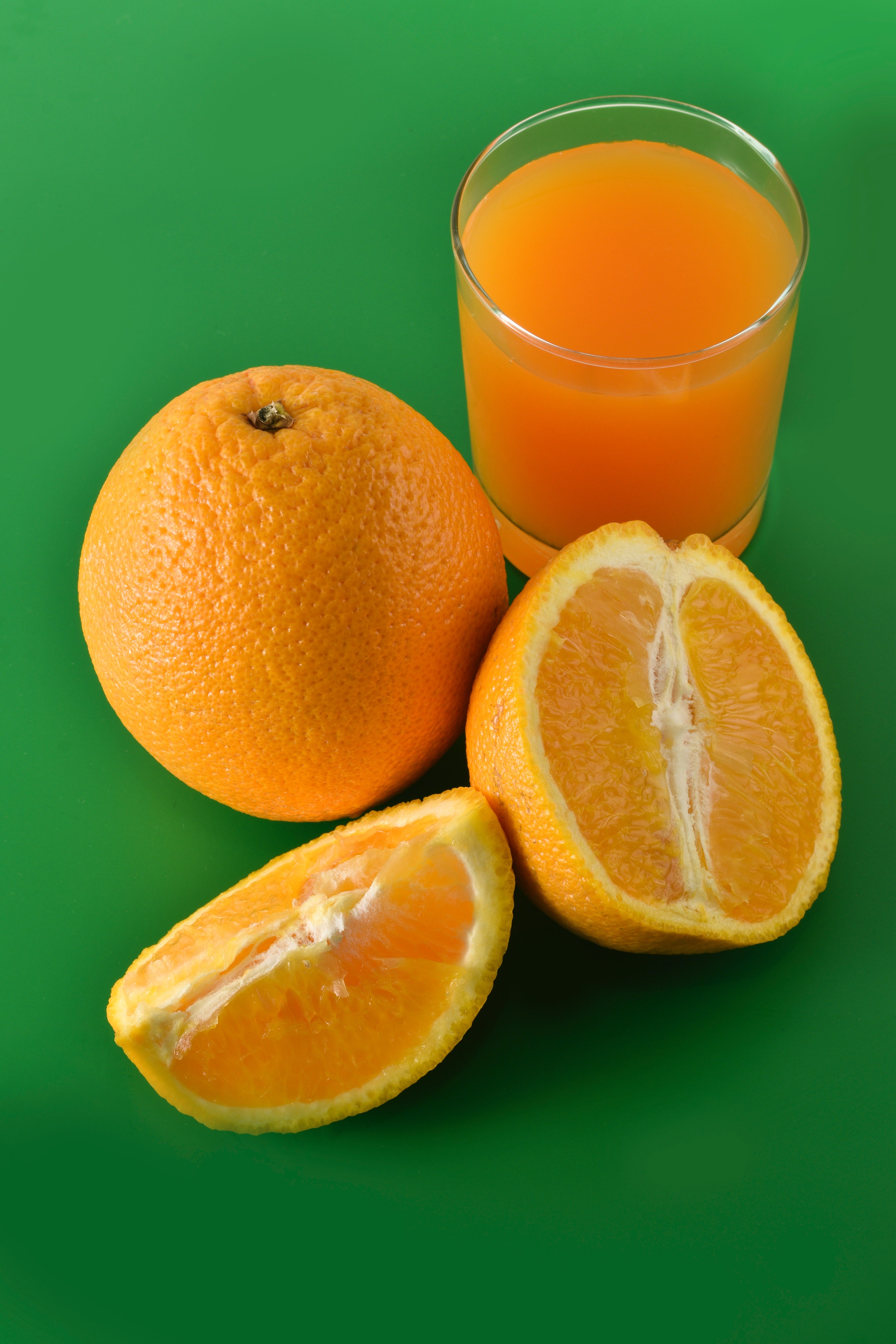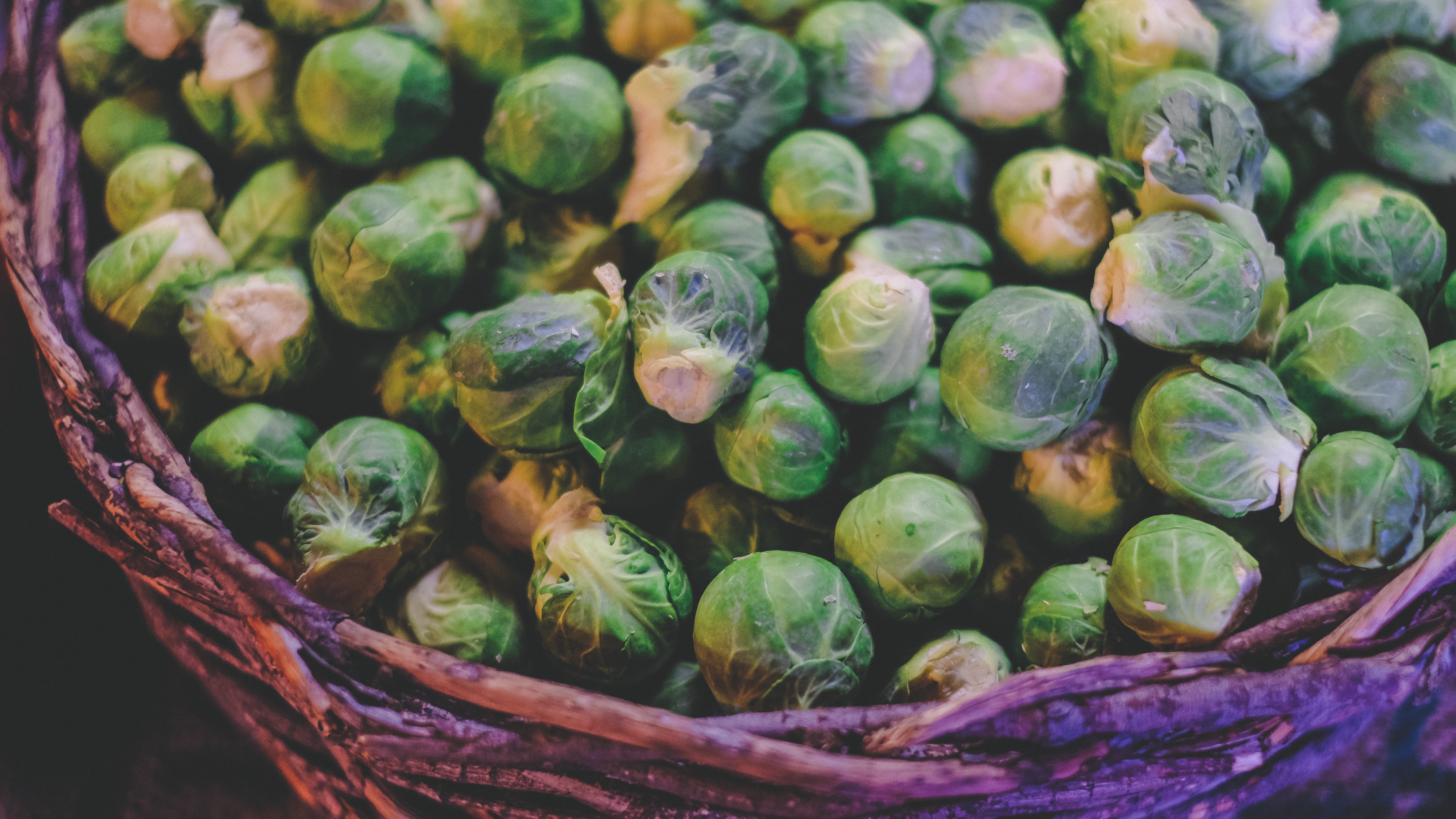Photo by Rene Lehmkuhl on Unsplash
What is vitamin C?
Vitamin C, or ascorbic acid, is one of the few vitamins that the human body is not able to produce itself, meaning it must be introduced. It’s important to introduce this through diet or supplements because vitamin C helps towards an effective immune system.
The idea that vitamin C is effective in preventing and curing illnesses faster is confirmed by numerous studies, such as this one in 2018, and this one in 1999.
How much vitamin C is in an orange?
100 grams of orange pulp contains 50 milligrams of vitamin C, about 87 grams of water, 12 grams of carbohydrates (including 9 grams of sugar), 0.7 grams of protein, 1.6 grams of fibre, 200 milligrams of potassium and 49 milligrams of phosphorus.
Kiwis are far better than oranges, containing about 85 mg of vitamin C per 100 grams. Even the little-known kohlrabi, or turnip cabbage, contains 62 mg, strawberries 54 mg and papaya 60 mg. And, if you like Brussels sprouts, they are excellent for the immune system with 100 grams containing around 81 mg of vitamin C.
Oranges, however delicious, cannot be defined as a food rich in ascorbic acid. Above all, in order to achieve an appreciable amount of vitamin C, we would have to eat too many - roughly 2 kilos of oranges a day to reach a dose of 1000mg. However, in doing so, you would also introduce an extra 180 grams of sugar into your daily intake, which would not be ideal for achieving a balanced diet.
Which fruit is highest in vitamin C?
The Kakadu Plum, which is a native ingredient used by indigenous populations in Australia, is classed as a superfood containing up to 5300 mg of vitamin C in 100 grams. This gives it 100 times more vitamin C than oranges.
100 grams of Acerola contains around 1500mg of vitamin C: a small and little-known tropical fruit which comes from South America and the Caribbean.
100 grams of guava contains around 228mg of Vitamin C.
100 grams of red chillies contains around 143mg of vitamin C
100 grams of kiwi contains around 85mg of vitamin C.
100 grams of papaya contains around 61mg of vitamin C.
100 grams of pineapple contains around 79mg of vitamin C.
Other less exotic options include manganese-rich strawberries (with 85mg of vitamin C per 100 grams) and sharp, tangy redcurrants (with as much as 200mg per 100 grams).
Which vegetable is highest in vitamin C?
100 grams of brussels sprouts contains around 81mg of vitamin C: broccoli and cabbage, in the same family, have similar levels.
100 grams of kohlrabi contains around 62mg of vitamin C.
100 grams of snow peas contains around 60mg of vitamin C.
Parsley and Thyme are also known to have high levels of vitamin C.
They may not be as vitamin C-rich as red chillies, but bell peppers contain as much as 166mg per 100 grams, and that’s still plenty more than an orange.










